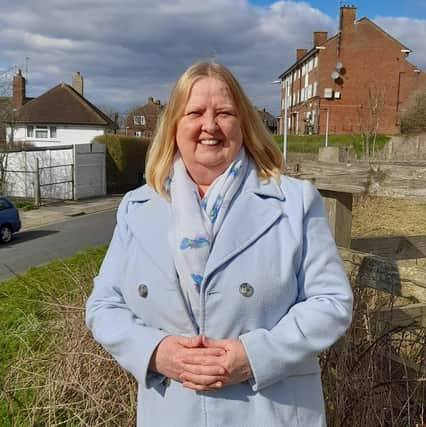Behaviour of councillors in Brighton and Hove appears to attract more complaints than those elsewhere


But it was hard to be sure because few councils published quite so much detail about “standards complaints” as Brighton and Hove City Council, she added.
The comments about councillors’ conduct came as the council’s Audit and Standards Committee received a report about the subject.
Advertisement
Hide AdAdvertisement
Hide AdMembers were told yesterday (Tuesday 16 April) that 16 complaints about councillors had been received by the council since January.
And since the local elections last May, the council had received 50 complaints about councillors’ conduct, with most of them dismissed.
The mains reasons for dismissing the complaints were a lack of evidence or because taking matters further would be “neither proportionate nor necessary in the public interest”, suggesting a degree of triviality.
Two cases related to complaints about a former councillor – understood to be either Chandni Mistry or Bharti Gajjar. The pair resigned in February and by-elections to replace them have been called for Thursday 2 May. No substantial details of the complaints have been revealed.
Advertisement
Hide AdAdvertisement
Hide AdConservative councillor Anne Meadows asked about cases that lacked sufficient evidence, given that council and committee meetings were webcast. She also asked how Brighton and Hove compared with other councils.
Councillor Meadows said: “Social media and conduct in committee meetings feature a lot in these (complaints).
“I just wondered how other local authorities fare compared to us? Are we more quick to complain? Or is social media more of a thing for people in Brighton and Hove?
“The implication at the moment is that it’s all quite trivial with insufficient evidence.”
Advertisement
Hide AdAdvertisement
Hide AdThe author of the standards report, council lawyer Victoria Simpson, said that the webcasts were not perfect because the cameras did not cover the whole room nor pick up all the sound.
She said that the council was looking at more nuanced criteria to explain why complaints did not progress.
Ms Simpson said: “The thought is that that might lend us to an approach where we provide a more meaningful amount of insight into why we are not progressing complaints.
“Insufficient evidence could take in a situation which is ‘he said, she said’. It could take in a situation where the webcast is unclear. It could take into account a situation where the complainant has gone silent and hasn’t provided details of the emails they say were not responded to.
Advertisement
Hide AdAdvertisement
Hide Ad“At the moment that could take in a number of different scenarios.”
Compared with other councils, Ms Simpson said that Brighton and Hove was more transparent in its approach.
Having sought evidence from other councils, she said that the most that she had found had been included in annual reports and these suggested that Brighton and Hove was an outlier, with a high number and wide range of complaints.
But other councils, with an annual number of complaints in single figures, did not publish details of cases that had not progressed.
Advertisement
Hide AdAdvertisement
Hide AdIn Brighton and Hove, relatively few complaints warranted further investigation, she said, but the council openly listed an anonymised summary of all the complaints that it had received.
Typically, they included councillors being rude to each other or members of the public in meetings or on social media – or failing to answer emails or deal with residents’ problems.
The law requires councils to have a code of conduct for elected members but there is not much that can be done if councillors then break those rules.